After an accident, many people are left facing not only physical pain but also financial strain and emotional hardship. The legal system provides a path to recover compensation that can help you move forward — but not all compensation is the same. Understanding the types of compensation available can help clarify your options and guide your next steps.
Also known as “special damages,” economic damages cover the direct, out-of-pocket expenses tied to your injury. These are quantifiable losses supported by receipts, pay stubs, and medical records. Common examples include:
These damages are often the starting point in determining the value of a personal injury claim.
Sometimes the most difficult losses to endure are the hardest to measure. Non-economic damagesaddress the pain, trauma, and disruption that injuries cause beyond financial costs. These may include:
Non-economic compensation varies depending on the severity of the injury and its lasting impact on your life.
In rare cases involving gross negligence or intentional misconduct, courts may award punitive damages. These are not tied to your losses, but rather designed to punish the at-fault party and deter similar behavior in the future. While not common in routine car accidents, they may apply in cases involving drunk driving or reckless conduct.
Many claims involve a mix of economic and non-economic compensation. If you’re unsure what types of damages may apply to your case, speaking with an attorney can help uncover the full scope of what you’re entitled to recover.

